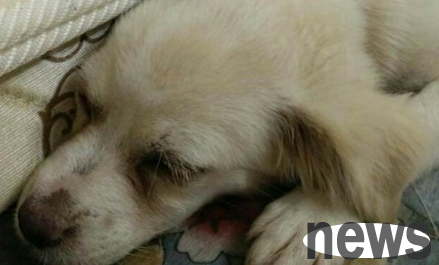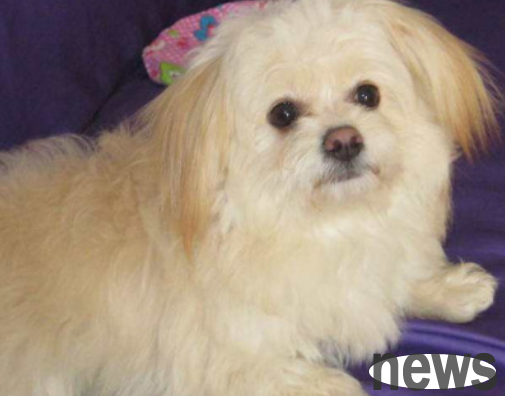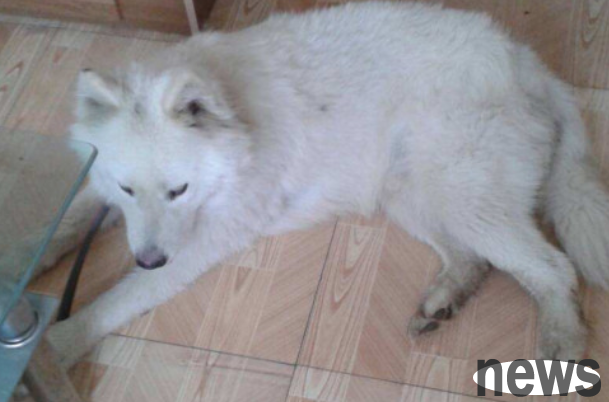Do this before bathing your dog every time: Be careful with your head and do not get too close to your anal glands. Cleaning first, hold the root of the dog's tail with your left hand to expose the anus; hold the toilet paper in your right hand and directly stick it to the anus, press the anus glands at four o'clock and eight o'clock with your thumb and index finger, squeeze inward and rub it outward, and anal gland fluid will be excreted. After repeated squeezing several times, the anal gland fluid can be emptied.

Be careful not to exert excessive force when squeezing to prevent inflammation caused by anal gland damage.
It is particularly important to note that long-term soft stool discharge from dogs can easily cause accumulation and obstruction of anal gland fluid, so the cleaning cycle of the anal glands is relatively short.
In fact, regular compression and cleaning of dog's anal glands is very important, not just to drive away the body odor on the dog. If the dog's anal glands are not squeezed frequently, it can also cause anal gland inflammation.

The normal secretion is light yellow-brown, with concentrations ranging from watery to paste, and accompanied by a foul smell. If there is pus and blood in the secretions, it means that you have been infected and you should see a doctor as soon as possible. If you can touch the accumulation but cannot squeeze it out, it means that the anal glands are blocked and must be treated as soon as possible and seek medical treatment. Otherwise it will swell.
In this case, the dog will lick the anus and rub it on the ground. In severe cases, it will hurt. Due to the pain, the dog will sprint or chase its tail or lick or bite the root of the tail, and eventually produce an abscess. At this time, the dog is listless, refuses to eat or is constipated.

Check the fluid sacs in the anus regularly. How long does it take to clean it depends on the frequency of the knot accumulation in each dog. Some will be once a month, while others will not accumulate in two or three months, and some do not need to be cleaned at all. Smaller species of dogs are more likely to get blocked than large dogs, probably because they eat more softer and more food than large dogs, resulting in harder substances.
